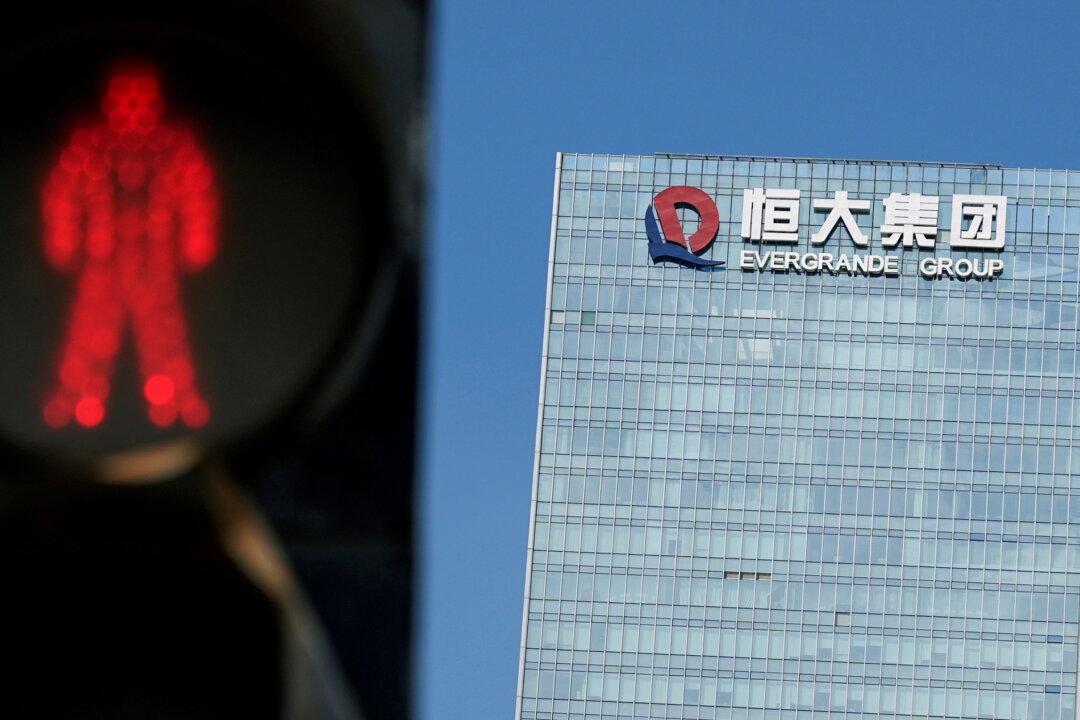News Analysis
Recently, the Chinese Communist Party (CCP) announced that the two highest-ranking authorities of Guangzhou were removed from their positions for “the massive removal of Banyan trees in the city,” as reported by local media.

Recently, the Chinese Communist Party (CCP) announced that the two highest-ranking authorities of Guangzhou were removed from their positions for “the massive removal of Banyan trees in the city,” as reported by local media.